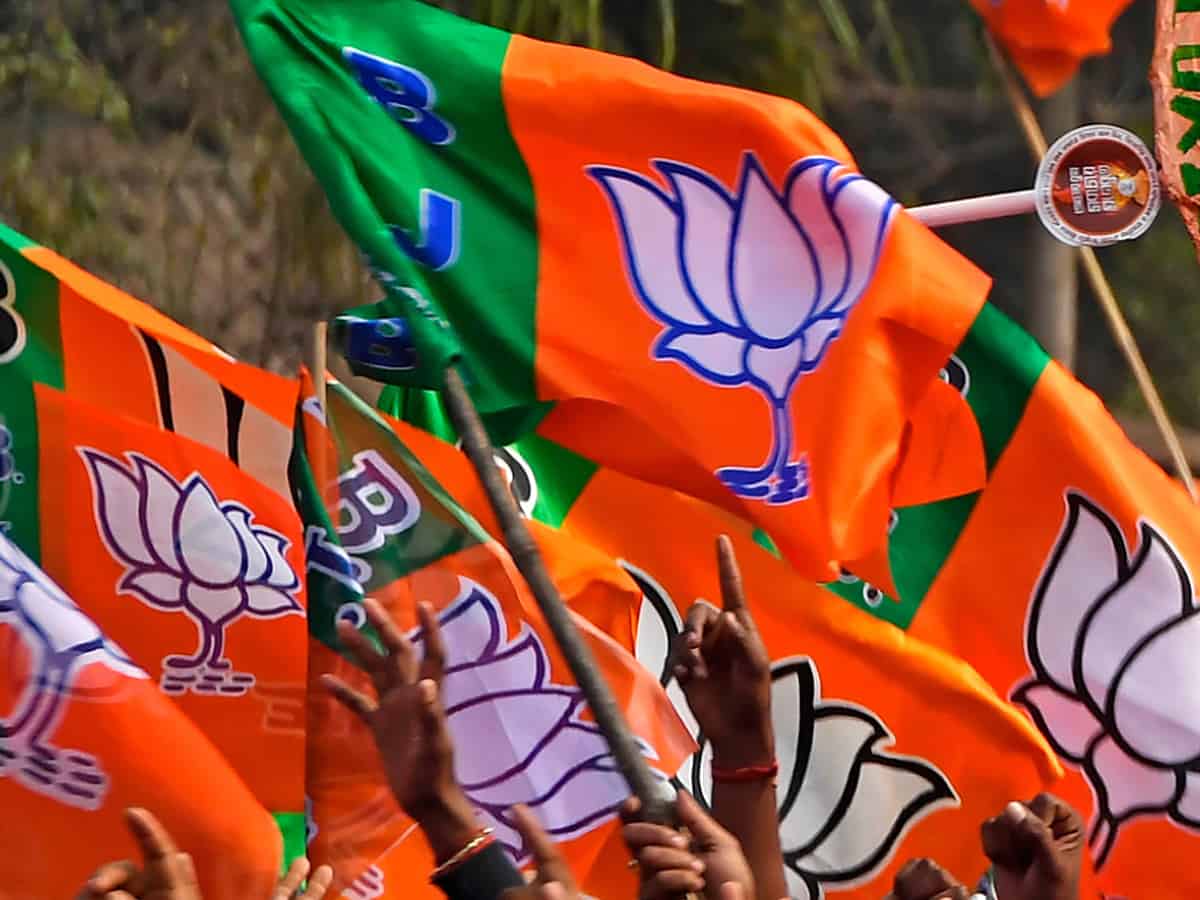
New Delhi: The maiden alliance of the Left and the Congress in Tripura and the emergence of TIPRA Motha as a dominant force in tribal seats did not prove enough to topple the BJP from power in the state as the ruling party’s development plank and ideological resonance surmounted local factors to deliver it another victory.
Among the three northeastern states that went to assembly polls, Tripura’s verdict was the most keenly watched due to the high stakes for three national parties – the BJP, Congress and the Left – and the results underscored the continuity of momentum in the saffron party’s favour despite the occasional setbacks it has suffered in state polls.
“If our 2018 victory was an endorsement of our ideological and development agenda, the win now shows its popular acceptance,” a BJP leader involved in the Tripura polls said.
The party had benefited from popular anger against the Left “misrule” for 25 years in 2018 and it has now received a positive mandate for the Centre and state government’s work, he added.
Party sources said the BJP, like in so many other state polls, succeeded in making its overarching ideological and developmental planks and Prime Minister Narendra Modi’s popular appeal the central theme of its campaign which was also helped by an organisationally weakened opposition unable to match the ruling party either in firepower or in leadership charisma.
The winning momentum is important for the BJP as the crucial state of Karnataka is next headed for assembly polls, expected in May, followed by Madhya Pradesh, Rajasthan, Chhattisgarh, Telangana and Mizoram later this year.
The BJP-led NDA, in power in 16 states, also romped home to a facile win in Nagaland, where Nationalist Democratic Progressive Party is the senior partner.
But its ambition of emerging as a bigger player in Meghalaya was thwarted as it was leading in only three seats against the two it held in the outgoing 60-member assembly.
BJP leadership had accused Chief Minister Conrad Sangma-led government of being the country’s “most corrupt” state dispensation but the two parties may now agree to do business together again. The BJP was part of his government but parted ways before the polls.
It may be a junior partner in Nagaland and remains a minor player in Meghalaya but the results in the two states will be helpful for the party in making ideological points, its leaders noted.
Accused by rivals of being “anti-minority”, the BJP has succeeded in improving its vote share to nearly 19 per cent from 15.3 per cent in Nagaland and bagging over nine per cent votes in Meghalaya.
Both are largely Christian populated states and its performance will give the BJP a handy weapon to beat back the charge.
However, it is the Tripura results which will matter the most to the BJP as its win has underlined popular acceptance of the party in this erstwhile Left bastion which it won for the first time in 2018.
Its vote share as well as seat tally have come down but things were worse for the Left-Congress alliance.
The BJP appeared headed to win 32 seats in the 60-member assembly, down from 36 in 2018. The combined tally for the opposition alliance was 14 while the CPI(M) had won 16 seats in 2018 when it had fought on its own. The Congress failed to open its account last time.
A point for concern, however, for the BJP will be the rise of Pradyut Debbarma-led TIPRA Motha and the decline of its tribal ally in IPFT, which could win a lone seat this time.
The BJP also suffered the embarrassment of the loss of its own most prominent tribal face and Deputy Chief Minister Jishnu Dev Varma to his TIPRA Motha rival Subodh Deb Barma.
Party sources said their leadership may explore the probability of an alliance with Pradyut Debbarma, scion of erstwhile royal, if he gives up on his demand for a separate state of “Greater Tipraland”.
